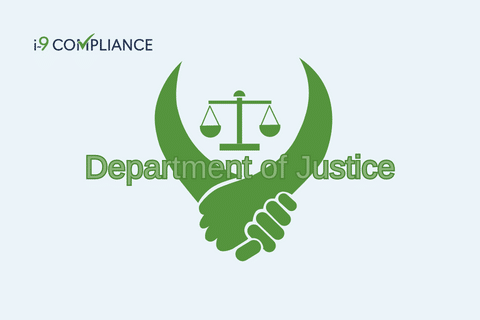DOJ Reaches Settlement Over Immigration-Related Discrimination With Idaho-Based Semiconductor Manufacturer

April 26, 2023
The Department of Justice (DOJ) announced a settlement agreement with a semiconductor memory and storage device manufacturer based in Boise, Idaho. This settlement resolves the DOJ’s claims that the company violated the Immigration and Nationality Act (INA). According to the DOJ, the company favored temporary visa workers over domestic workers.
The Assistant Attorney General of the Justice Department’s Civil Rights Division announced, “Companies cannot unlawfully discriminate against a job applicant because they prefer to hire someone with a different citizenship or immigration status. We will continue to hold companies accountable, both big and small, for their violations of this federal civil rights law.”
According to the DOJ’s announcement, a U.S. citizen filed a complaint after attempting to find employment in a Yield Enhancement position with the company. The plaintiff alleged that the company failed to consider them and their qualifications for the job. Instead, the company offered it to a temporary visa worker through the permanent labor certification process (PERM).
Under the INA’s anti-discrimination provision, employers cannot discriminate against workers based on citizenship or immigration status throughout the hiring process. It also prevents discrimination based on national origin. However, specific authorization by law can circumvent the provision.
In addition, the INA prohibits discrimination in the firing process. Such discrimination includes unfair documentary practices, fee referral, retaliation, and intimidation. The Employee Rights Section of the DOJ’s Civil Rights Division enforces this provision.
Despite the DOJ’s allegations, the company maintained its innocence. However, it will pay a civil penalty of $4,144 to the U.S. government. It will also offer $85,000 as back pay to the individual who filed the complaint. The company must also train its staff on the anti-discrimination provision of the INA. In addition, it must update its policies and procedures to ensure compliance. Finally, the company will undergo additional monitoring by the DOJ for two years.
As this settlement illustrates, the INA can become a minefield for litigation. Another minefield is the employment eligibility verification (Form I-9) process. This process verifies an individual’s authorization to work in the U.S. Incorporating an electronic I-9 management tool into the onboarding process is the best way to avoid mistakes and ensure compliance. This tool can guide employees through the verification process, ensuring uniform compliance with every form.
Automate your employment eligibility verification today with the ensured compliance of I-9 Compliance.